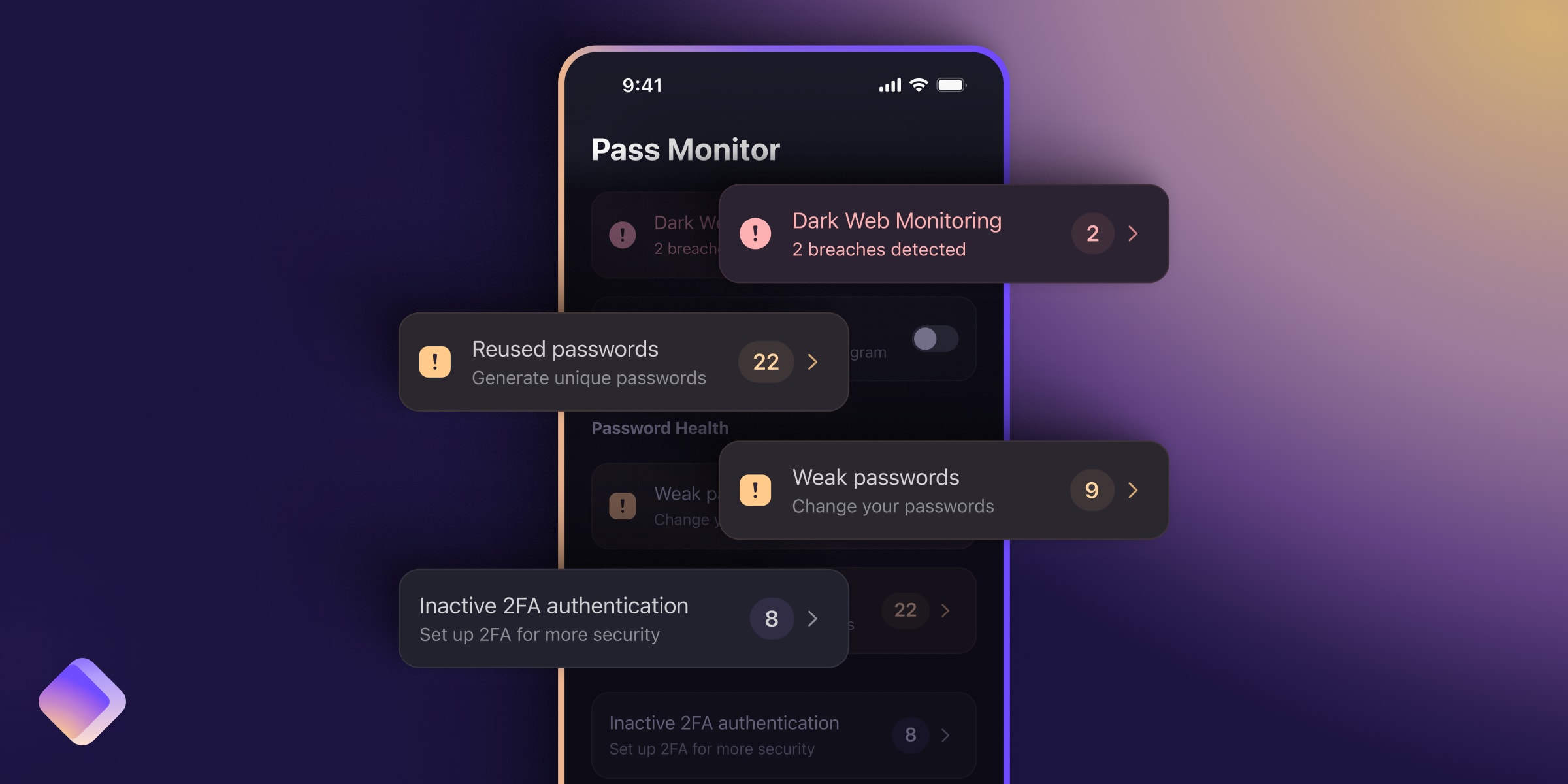Here is what happened, why it was not fixed sooner, and what we are doing to prevent this from ever happening again.
The incident began with a typo in a configuration relating to our anti-spam subsystem which was committed by the on-shift engineer as part of our routine anti-spam operations. Integration tests were performed but due to several circumstances did not detect the error. The broken patch was then deployed to our production servers on a rolling basis. Because the API was not returning the correct response, our load balancers successively dropped the production web servers one by one until all servers were dropped. As a result, Proton Mail users started receiving 503 errors.
This, fundamentally, is what brought down Proton Mail. From an engineering perspective, the obvious conclusion is that integration tests performed were clearly insufficient to detect the kind of error introduced, and we have adjusted our deployment procedure accordingly.
The second part of the story is why it took an hour to restore services. The reasons boil down to a combination of bad timing and monitoring issues. The bad timing was that it happened during the shift change (from night to day) which delayed the response. We have instituted new policies to prevent these kinds of deployments too close to the shift change.
The monitoring issues were also serious. No less than 3 monitoring systems should have immediately warned us that something was wrong, but none did. The first system monitors the availability of the site from an off-site location. Unfortunately, this system only monitored a subset of our domains, and those were not affected by the deployment. This system has now been updated to monitor all of our domains and subdomains.
The second monitoring system monitors changes in event rates to detect spikes and dips that should be brought to our attention. We can call this system the rate monitor. As much of the main API system was offline, the rate monitor should have notified us that event rates had flatlined. It did not, however, because it had been taken out of production earlier in the day for maintenance and had failed to come back up automatically. The monitoring for the rate monitor server itself also did not function properly because it had been disabled in advance of the maintenance work.
Finally, we have yet another system that monitors API error logs. However, the class of error that caused the downtime is logged to a specific error log which is normally empty, so we were not monitoring that at all. This has also now been corrected.
In summary, too many things went wrong simultaneously, and had any one of them detected a problem, this incident could have been avoided or quickly fixed. The fact that they did not detect the problem or did so too late is our mistake. We accept that responsibility and have taken the policy and engineering steps necessary to prevent this kind of incident from happening again. We know how important reliability is to our users, and while sometimes incidents are outside of our control(new window), this one was not, and we have learned from these mistakes to make Proton Mail even more reliable.















